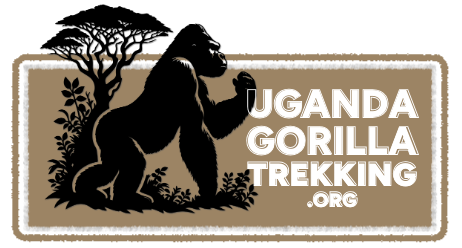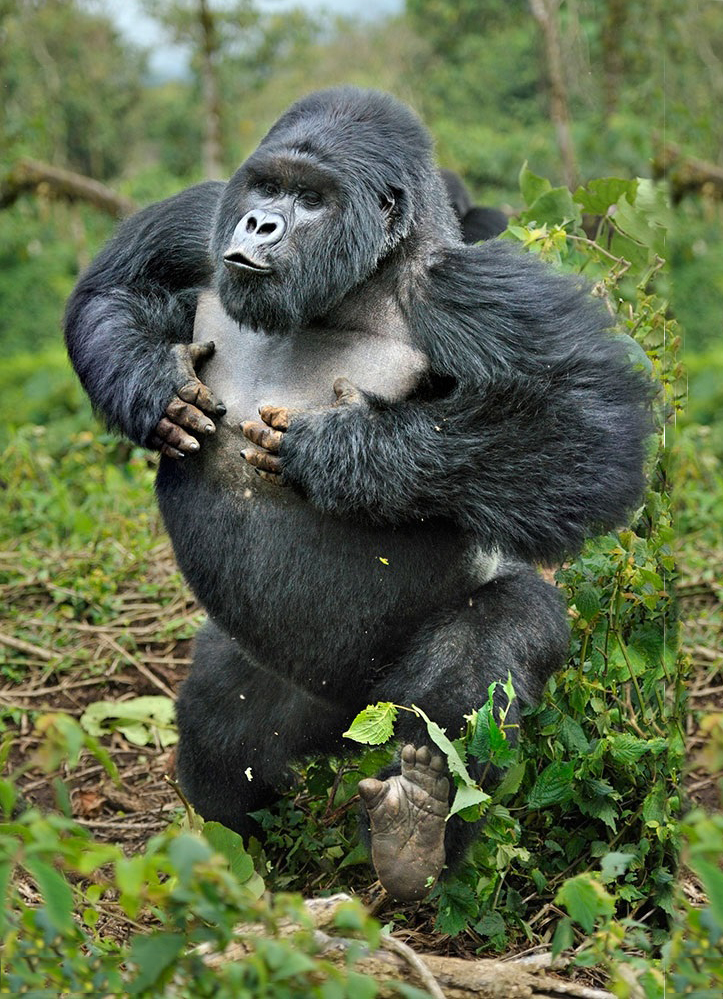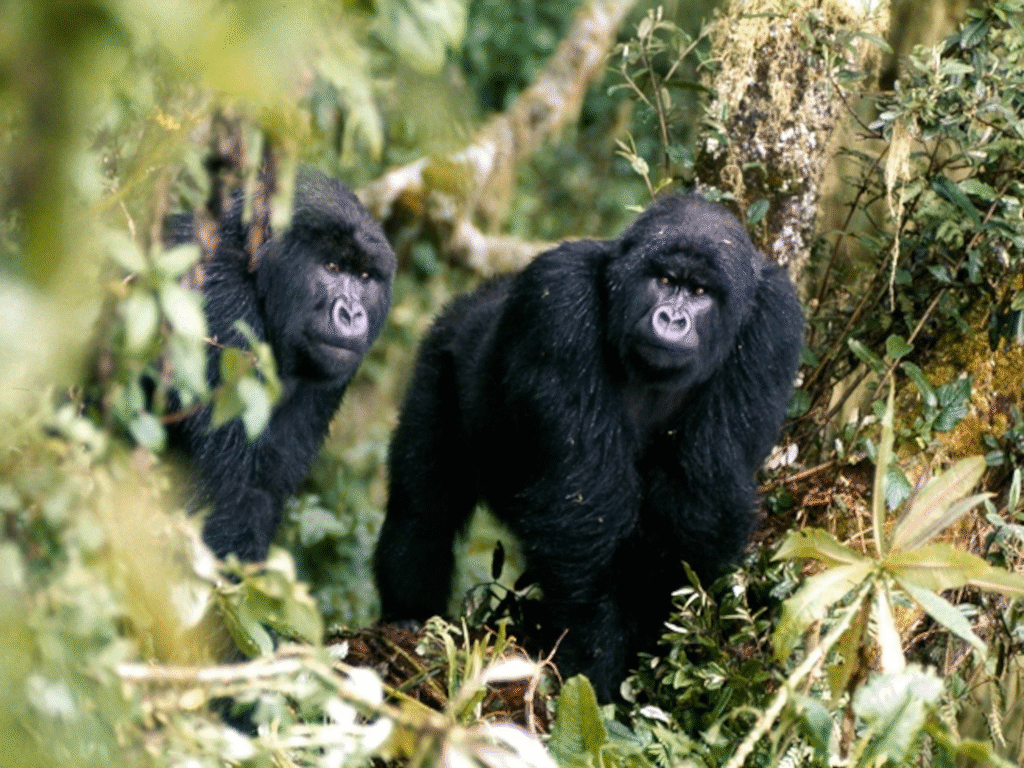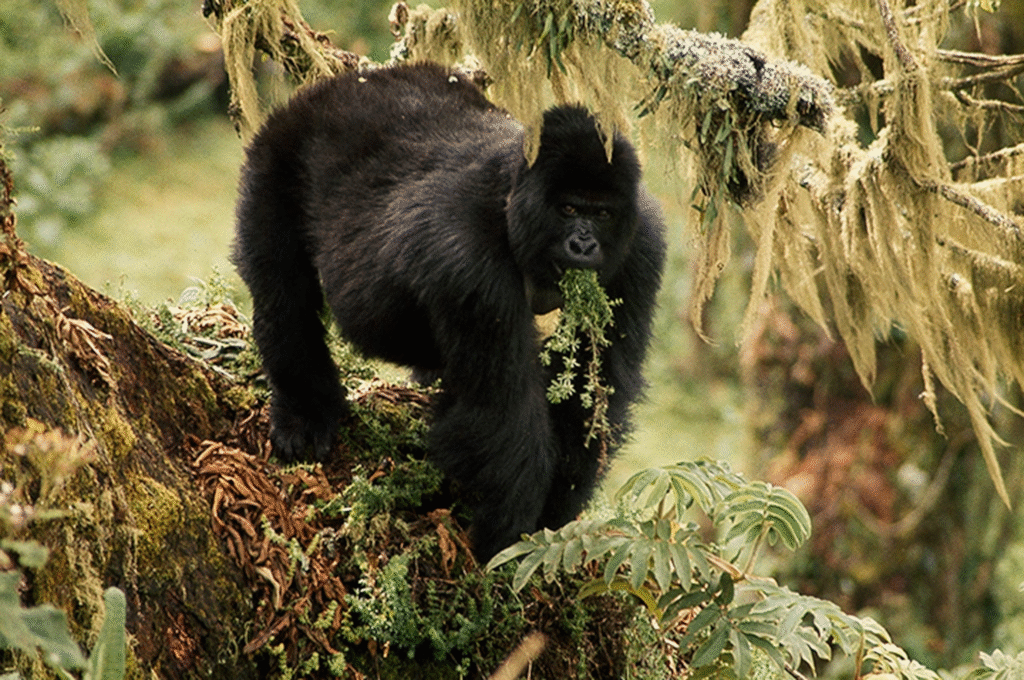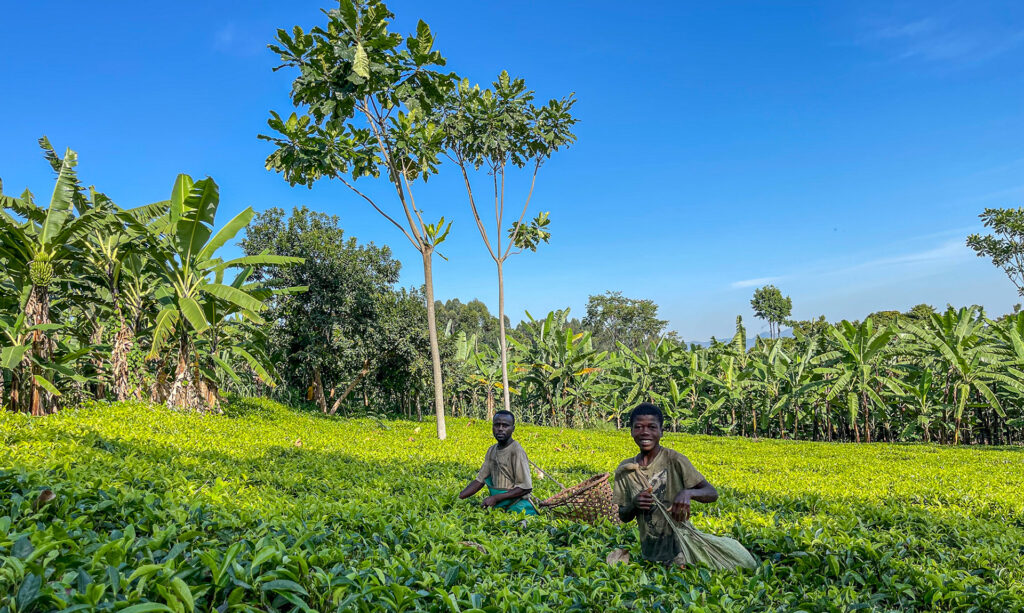Where the soul of the forest whispers in the mist
To understand the History Of Uganda today is to trace the quiet rhythm of a land that has danced through centuries of power, struggle, and revival. From the ancient reign of formidable kingdoms that once ruled the lakeshores and highlands, to the battles of independence and the echoes of political turbulence, Uganda’s history is as intricate and enduring as the patterns woven into its cultural fabric. The legacy of its past lives on in its proud traditions, its re-emerging monarchies, and the unwavering resilience of its people.
This is a country where ancestral stories still shape modern identity, where colonial shadows are gradually replaced with national pride, and where a young population stands on the shoulders of those who fought, ruled, resisted, and rebuilt. Uganda’s historical journey is not simply about what happened—it’s about how a nation continually chooses to rise, remember, and redefine itself on its own terms.
So lace up your boots, grab your camera, and prepare to meet the wild — this is where your gorilla trekking dreams and unforgettable safari adventures truly begin.
Truly Iconic Highlights in Uganda
Trek through Bwindi’s mystical rainforest and meet the endangered mountain gorillas in their breathtaking natural home.
Encounter mountain gorillas and golden monkeys on Mgahinga’s misty volcanic trails, where culture and alpine wildlife thrive together.
Unwind after your trek with a peaceful canoe ride across Lake Bunyonyi, Uganda’s most tranquil and scenic highland lake.
Enhance your gorilla trekking safari with an optional chimpanzee encounter in Uganda’s lush forests, adding depth and diversity to your primate adventure
The History of Uganda: A Story of Kingdoms, Struggles, and Resilience
Uganda’s history is not merely a collection of dates and events—it is a layered journey of civilizations, colonial entanglements, post-independence challenges, and the ever-evolving spirit of a people determined to shape their destiny. As the heart of East Africa, Uganda’s story reaches deep into the pre-colonial past, stretches through turbulent times, and arrives at a modern age still guided by tradition, resilience, and the enduring strength of community.
Ancient Beginnings and Pre-Colonial Kingdoms
Long before European explorers arrived on its soil, Uganda was home to some of Africa’s most powerful and structured kingdoms. The fertile lands around Lake Victoria, Lake Albert, and the Nile allowed agricultural societies to flourish. By the 14th century, centralized kingdoms like Buganda, Bunyoro, Ankole, and Toro had risen to prominence, boasting elaborate political systems, military organization, and cultural identities deeply woven into everyday life.
The Buganda Kingdom, in particular, stood out due to its complex system of governance headed by the Kabaka (king). With an organized court, administrative chiefs, and a sophisticated hierarchy, Buganda laid the groundwork for the future shaping of Ugandan politics and culture. Trade routes across East and Central Africa connected Uganda with Arab merchants, bringing ivory, salt, cloth, and in some cases, the devastating early echoes of the slave trade.
The Arrival of Europeans and the Colonial Era
The 19th century brought seismic shifts. European explorers, notably John Hanning Speke and Henry Morton Stanley, arrived in search of the Nile’s source. Their discoveries brought British imperial attention, closely followed by Christian missionaries, Arab traders, and colonial interests. In 1894, Uganda officially became a British Protectorate, a move that redrew borders, shifted allegiances, and imposed a foreign system over an already intricate sociopolitical structure.
The British leveraged traditional leadership, particularly within the Buganda Kingdom, to enforce indirect rule. This created administrative convenience but also deepened divisions between ethnic groups and regions. Railroads were laid, cash crops like cotton and coffee were introduced, and a new missionary-led education system began producing an elite class educated in Western ideals—setting the stage for future nationalism.
The Road to Independence
By the mid-20th century, winds of change swept across Africa. In Uganda, the educated elite and traditional leaders began calling for self-rule. Figures like Ben Kiwanuka and Milton Obote emerged as pivotal leaders. Tensions between federalists who favored a kingdom-based federal system and nationalists who wanted a centralized government became a key debate in the shaping of the future state.
On October 9, 1962, Uganda gained independence from British rule with Milton Obote as Prime Minister. The country was full of hope, its vast natural resources and educated population offering a promising start. However, that optimism would soon face fierce trials.
Post-Independence Challenges and Turmoil
The years following independence were marked by deepening political rifts. In 1966, Milton Obote suspended the constitution and declared himself president, sidelining the Buganda Kingdom and other traditional institutions. This led to a violent clash with the Kabaka’s forces and the eventual abolition of all kingdoms in Uganda.
Then came Idi Amin, a military general who overthrew Obote in a 1971 coup. His eight-year reign was one of terror, economic collapse, and global isolation. Amin’s expulsion of the Asian community in 1972 (many of whom were vital to the economy) and his brutal purges cost hundreds of thousands of lives and devastated national morale.
Obote returned in 1980 after a controversial election, but his second term was again marked by civil unrest and violence. Uganda descended into a brutal guerrilla war, most notably in the Luwero Triangle, where countless civilians lost their lives.
The Rise of Museveni and Relative Stability
In 1986, Yoweri Museveni and his National Resistance Army (NRA) took power, ending years of instability and launching a new chapter. Museveni’s government initially ushered in a period of rebuilding, reconciliation, and economic reform. The introduction of universal primary education, health system reforms, and foreign investment policies earned him early praise.
However, as the decades progressed, criticism grew. While Uganda enjoyed relative stability compared to its neighbors, concerns mounted over corruption, restrictions on opposition, and long-term rule. Museveni remains one of Africa’s longest-serving leaders, and his leadership has increasingly become a topic of both praise and controversy.
Uganda Today — Bridging Past and Present
Today’s Uganda is a nation that straddles tradition and transformation. The traditional kingdoms, once abolished, have been restored in cultural—but not political—capacity. The Buganda Kingdom, for example, continues to play a significant role in social identity and cultural pride.
Despite the scars of its past, Uganda continues to move forward. It has one of Africa’s youngest populations, an emerging tech scene known as “Silicon Savannah,” and a tourism industry centered around its rare mountain gorillas, pristine national parks, and warm hospitality.
More Information About Uganda to Know.
Uganda is a culturally rich and naturally diverse country, home to vibrant traditions, stunning landscapes, and welcoming people. From its deep history to its thriving wildlife and modern identity, Uganda truly stands as the Pearl of Africa.
In the Realm of Giants – Bwindi & Mgahinga in Frames.
Wander through an elegant gallery capturing Uganda’s most exclusive gorilla sanctuaries, where ancient forests cradle the last mountain gorillas in a world of mist, mystery, and majesty.
Essential Planning Tips for Visiting Uganda’s National Parks.
Get ready for the wild heart of Africa with expert travel tips on when to visit, what to pack, where to go, and how to make the most of your safari across Uganda’s breathtaking national parks.
Why Uganda for Gorilla Trekking?
Uganda is not just a destination — it's the very soul of gorilla trekking. With over half of the world’s remaining mountain gorillas calling its misty forests home, Uganda offers the rarest encounters in their most authentic setting. Here, your journey is not rushed or crowded. Instead, you’re guided by experienced rangers through pristine jungles where gorillas live as they always have — wild, free, and magnificent
From insider travel insights to unforgettable trekking guides, our blog is your trusted path into Uganda’s wild heart — connecting you with mountain gorillas, breathtaking landscapes, and the soul-stirring adventures that make this land unlike any other.
